Charles had returned to Mrs. Hyde’s house on the afternoon
of October 7 after visiting Stonehenge with Colonel Phelipps.
As he told Samuel Pepys many years later, “I
went up into the hideing hole, that was very convenient and safe, and stayed
there all alone (Robin Phillipps then going away to Salisbury) some 4 or 5
dayes, sometimes Mrs. Hide and sometimes her sister bringing me meat.”
 |
| Charles II in about 1651 |
According to the 1664 book
Miraculum Basilicon or The Royal Miracle,
the hiding hole was “a certain private place,
which they had made in the time of the Wars, to hide their Jewells, and other
Goods of greatest consequence.”
 |
Entrance to a hiding place in a summer house nearthe King's Arms
in Salisbury, said to have been used by Royalists during the Civil Wars |
Meanwhile, efforts continued to find him a boat.
Colonel Gounter “contenting himself with very
little sleepe that night, rose very early the next morning, being Wednesday,
the 8
th of Octobre, as he had promised the Lord Wilmot, and rode to
Emsworth, a place twoe miles from him and by the sea side, passing through
Boorne. Hee tooke an old servant of his
formerly, John Day, a trustie man and verie loyall subject, whoe was related to
seamen of very good accoumpt whoe with their barkes used to lye there. But they being out of the way, could doe not
good there….
 |
A dogger, or fishing trawler, the kind of boat that
Charles's friends were trying to find to carry him to safety |
Having failed to make any progress at Emsworth, Gounter set
off for home to report to Wilmot, “whoe had promised not to stirre till the Colonel
came; but being impatient of any delay, had left the Colonells house, soe that
the Colonel met him within halfe a mile of it, and gave him an accoumpt of his
mornings worke, that nothing could be done where he had been.
“The noble Lord and the Colonel rid on, and went to
Langstone, a place by the sea, and where boates use.
As he was riding along, [Wilmot] putt his
hand in his pocket and missed his money, for comming away in haste from the
Colonel’s house, he had left it behind him in his bedd.
Immediatly, he sent his man Swan for it.
The Colonels ladye, hearing my Lord was gone,
which shee much wondered att, had beene in his chamber and found the bedd open,
and in the middle a black purse full of gold, which shee had secured and gave
it the man when he came for it.”
 |
| Gold coin of reign of Charles I |
The purse of money that Wilmot had left lying in his bed at
Racton was the hundred pounds that Giles Strangways had given Frank
Wyndham for the king’s use, and it would have been a disaster if Wilmot had left it
someplace less secure.
When Gounter and Wilmot got to Langston, “we attempted all
wee could, but in vain.
The noble Lord
and the Colonel eate oisters there, and then they parted, the noble Lord to Mr.
Hydes house aforesaid, there to expect the accoumpt of the Colonel’s
proceedings, the Colonel home and immediately employed his kinsman Captaine
Thomas Gounter … to inquire of severall other places and to meete the Colonel
next day att Chichester, to give him an accoumpt – all which the Colonel
imparted that night to my Lord Willmot att Mr. Hyde’s house at Hinton Daubney
aforesaid.
 |
An oyster seller - oysters were cheap, plentiful
and popular in 17th century England |
"After supper, the Colonel took his leave of the Lord, it
being a very dismall night for winde and raine, which made the Lord very much
to importune the Colonel to stay.
But he
refused, replying that delayes were dangerous; and let the weather be what it
would, he had a sure guide.
The Colonel
touched att his owne house by the way, betwixt one and twoe of the clock that
night.”








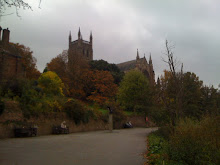
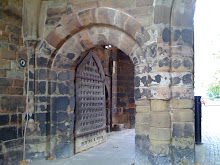



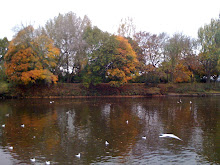
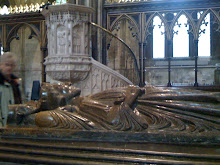
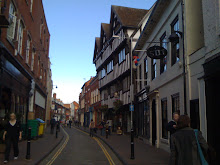

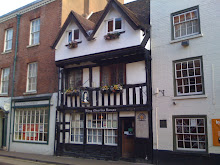
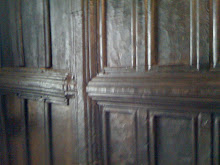
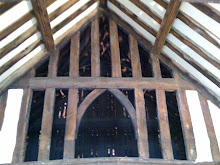



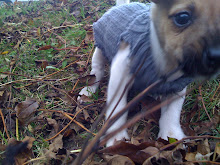

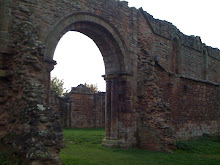




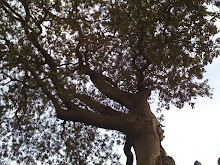



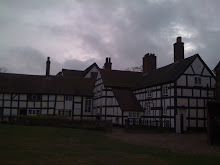

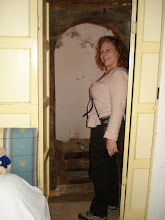
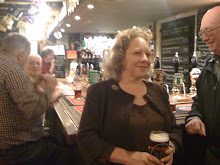
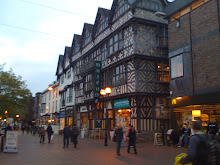
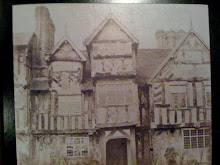


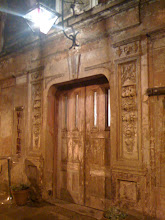
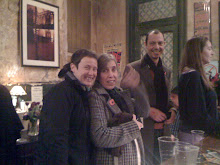


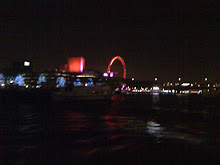

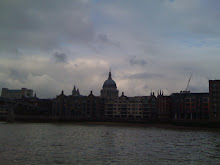
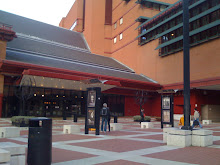

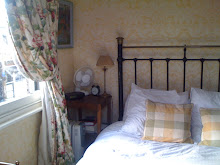




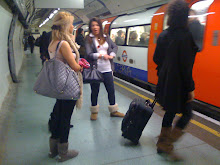

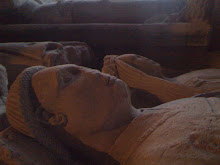
No comments:
Post a Comment